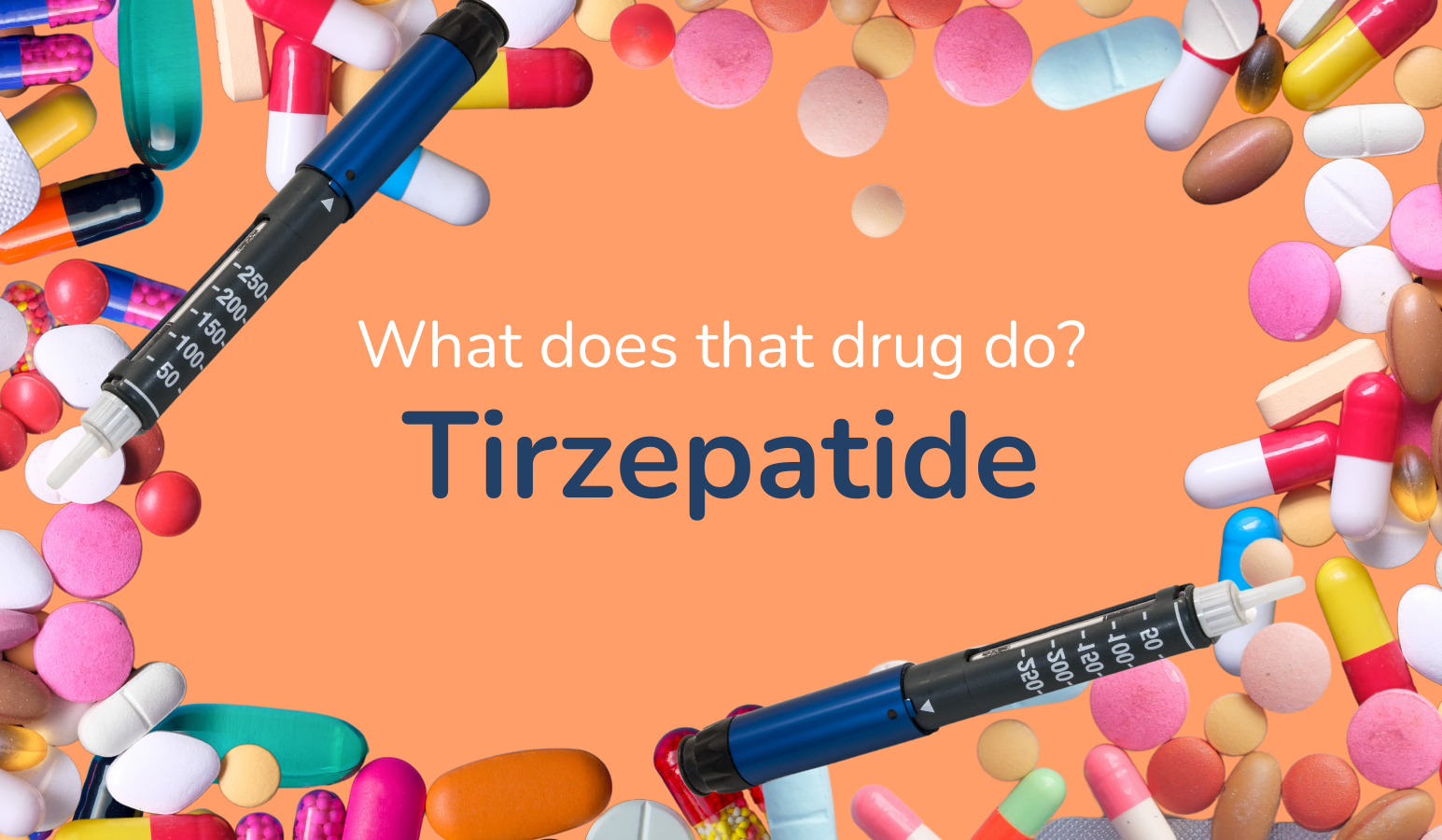Possible doses: Injectable semaglutide is a glucose lowering drug that is taken once weekly by injection. The weekly dose for the treatment of type 2 diabetes ranges between 0.25 mg to 2 mg.
What it does: in addition to lowering glucose, randomized controlled trials have clearly shown that injectable semaglutide reduces the occurrence of strokes, heart attacks, death from heart disease and kidney damage.
How it works: Injectable semaglutide lowers glucose by increasing the amount of insulin made by the pancreas whenever the glucose level is elevated. It does not increase insulin secretion by the pancreas when the glucose level is normal or low. This drug also causes weight loss, reduces appetite, and can lower blood pressure. Exactly how it reduces strokes, heart disease, kidney disease and death is not clearly understood.
Side effects: The drug acts on the brain and the intestines (the gut) as well as on the pancreas. Many people report that their interest in certain types of food changes along with a reduced appetite. The drug also slows how fast the stomach empties, so many people report feeling full quickly after eating. This is less of a problem if people eat their meals slower than usual when starting this drug. Some people report nausea and rarely vomiting. Semaglutide may also cause diarrhea or constipation which gets better in most people within two months time. Although the drug itself does not cause hypoglycemia, it does increase the effectiveness of the drugs that can cause low blood sugar levels (i.e., hypoglycemia) – insulin and sulfonylurea drugs like gliclzide or glyburide. Therefore, when starting semaglutide, many patients are advised to reduce their any insulin or sulfonylurea drugs that they may also be taking.
Bottom line: Injectable semaglutide is a safe and effective treatment for diabetes that also reduces strokes, heart disease and kidney disease. In addition, many people lose weight. Note that it is also prescribed to reduce weight and serious health outcomes in people without diabetes. It is not approved for people with type 1 diabetes.



